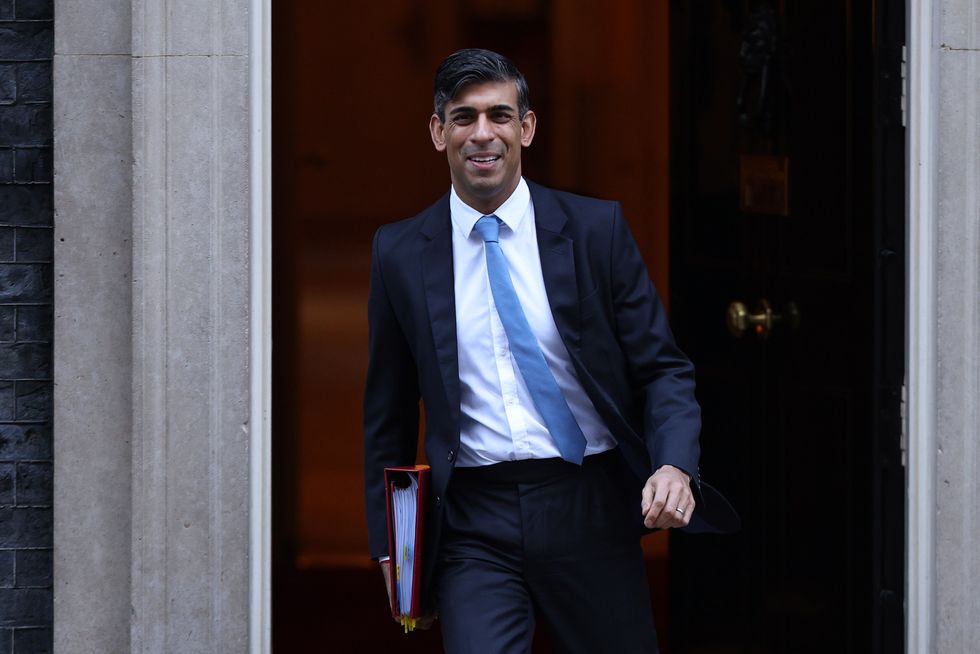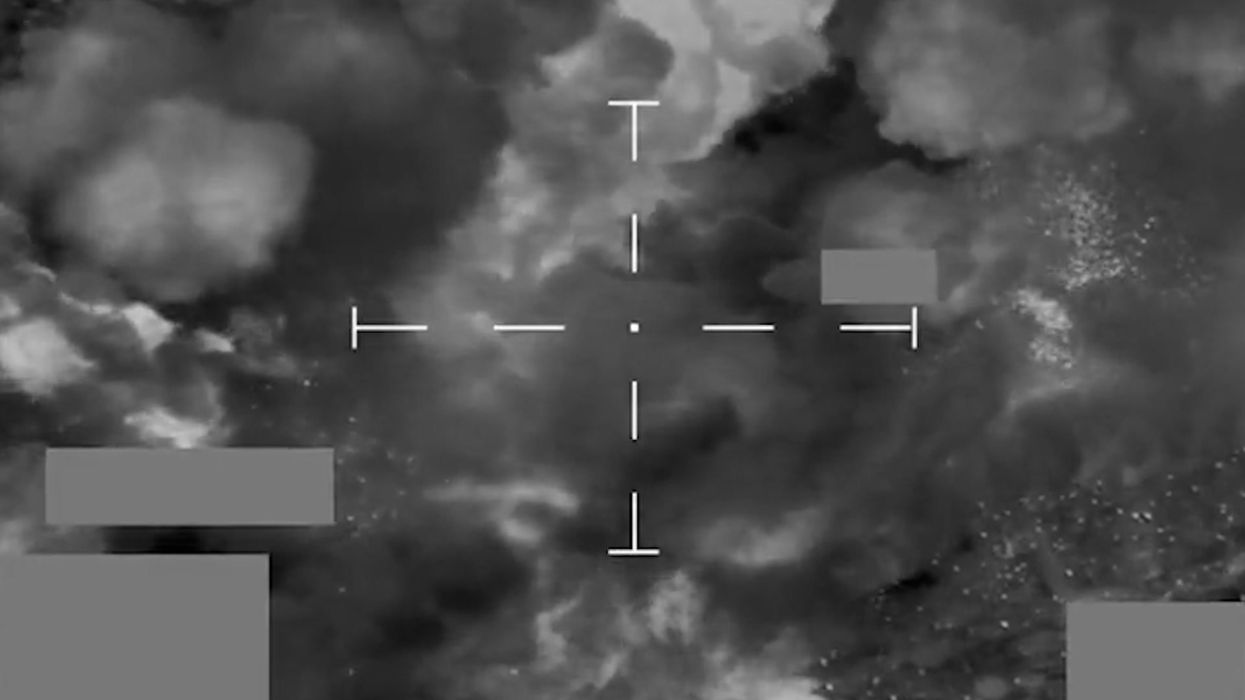The UK and US carried out military strikes against more than a dozen sites used by Houthis. It comes after the group launched its 26th attack on Red Sea shipping since 19 November, according to the US.
"American-Zionist-British aggression against Yemen launches several raids on the capital, Sanaa, Hodeidah governorate, Saada, and Dhamar," Houthi official Abdul Qader al-Mortada said on X/Twitter.
A Houthi military spokesperson said the airstrikes on Yemen killed at least five people and wounded six others.
"Any American attack will not remain without a response. The response will be greater than the attack that was carried out with 20 drones and a number of missiles," the group’s leader Abdel-Malik al-Houthi said, following a strike on Wednesday when Houthi drones and missiles targeted US and UK ships.
"We are more determined to target ships linked to Israel, and we will not back down from that," al-Houthi added.
Here's everything we know:
Who are the Houthis?
The Houthis are an Iran-backed armed group that controls much of Yemen after almost 10 years of war against a Western-backed and Saudi-led coalition. The name comes from the movement's founder Hussein al-Houthi, who died at the hands of the Yemeni military. This sparked a civil war in 2004.
It opposes US and Israeli influence in the Middle East, with slogans containing the words "death to America", "death to Israel" and a "curse upon the Jews".
They emerged as strong supporters of Hamas in its war against Israel.
Why are they attacking Red Sea ships?
The Houthis claim that their assaults on shipping are aimed at stopping Israel’s war on Hamas in the Gaza Strip.
Following Hamas' 7 October attacks that killed 1,200 people in Israel and saw 240 more taken hostage – which led to Israel's response that has killed more than 23,000 people – the Houthis announced they would attack all ships bound for Israel through the Bab al-Mandab Strait.
The Houthis have attacked commercial ships they claim are linked to Israel or bound for Israeli ports and have engaged directly with the US Navy in the Red Sea, firing ballistic missiles and deploying armed drones against US and UK warships.
Why the Red Sea?
Roughly 12 to 15 per cent of global trade shipping traffic passes through the Red Sea.
Many shipping companies have been forced to reroute and take a longer route around Africa. Several oil companies, refiners and trading houses continue to use the route.
Alternative routes could cause delays and a knock-on effect on cost.
What has Rishi Sunak said?

Earlier on Thursday, Sunak said the UK would continue to "take action to defend freedom of navigation and protect lives at sea" when he spoke with the President of Egypt on Thursday afternoon, No 10 said.
A Downing Street spokesperson said: "The Prime Minister spoke to Egyptian President Abdul Fattah al-Sisi this afternoon.
"They discussed the concerning rise in Houthi attacks on commercial vessels in the Red Sea and the disruptive impact on global shipping, including through the Suez Canal. The Prime Minister said the UK would continue to take action to defend freedom of navigation and protect lives at sea.
"The Prime Minister thanked President Sisi for his continued support on the humanitarian and diplomatic effort in Gaza, including on joint work to secure the release of British hostages and those with links to the UK.
"They agreed on the importance of significantly scaling up the aid reaching Palestinians in Gaza to prevent a worsening humanitarian crisis.
"The Prime Minister said the UK was urging Israel to open more land crossings and to allow in far greater quantities of aid, up to 500 trucks a day."
How to join the indy100's free WhatsApp channel
Sign up for our free Indy100 weekly newsletter
Have your say in our news democracy. Click the upvote icon at the top of the page to help raise this article through the indy100 rankings.














